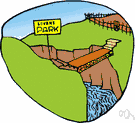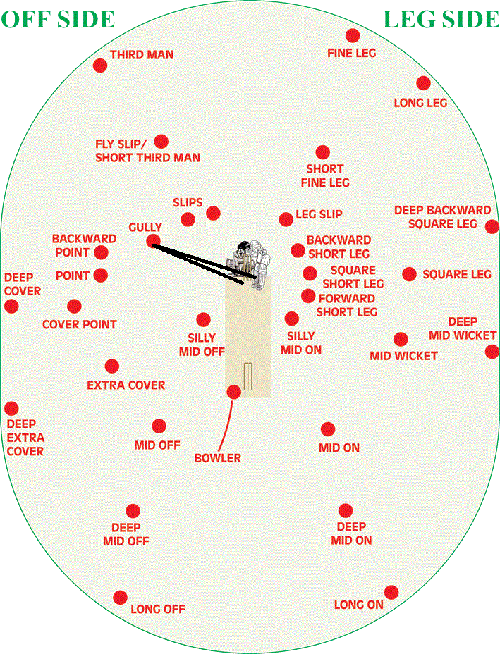The OED supplies no clue to the origin of either gully or googly. It does not in fact mention etymology of the cricket sense of gully, which has led me to infer that it is from the ordinary meaning of gully, i.e. a channel between point and slip. However one responder to an earlier question suggests it is of Indian origin.
As regards googly, the OED says 'origin unknown'. It is interesting because of the derived verb 'to google', which nowadays has acquired an entirely different meaning.
a. A ball which breaks from the off, though bowled with apparent leg-break action.
1903 C. B. Fry in P. F. Warner How We recovered Ashes (1904) ii. 29 You must persuade that Bosanquet of yours to practise..those funny ‘googlies’ of his.
1904 P. F. Warner How we recovered Ashes 106 Bosanquet..can bowl as badly as anyone in the world, but, when he gets a length, those slow ‘googlies’, as the Australian papers call them, are apt to paralyse the greatest players.
1909 P. A. Vaile in Westm. Gaz. 17 Sept. 14/2 The ‘googly’ is merely the American service at lawn-tennis introduced into cricket.
1920 E. R. Wilson in P. F. Warner Cricket ii. 74 The ‘googly’ or ‘Bosie ball’ as it was afterwards christened in Australia.
1924 N. Cardus Days in Sun 48 Hirst cultivated the swerve and Bosanquet the ‘googly’. 1930 C. V. Grimmett Getting Wickets i. 22 It was at this time that I learned to bowl the ‘bosie’ or ‘googly’—an off-break with a leg-break action.
1954 J. H. Fingleton Ashes crown Year 46 Australians call it bosie after Bosanquet..Englishmen call it the google, or googly.
1955 K. R. Miller & R. S. Whitington Cricket Typhoon i. ii. 32 In..Yorkshire, the ‘Chinaman’ is regarded as the lefthand bowler's off-break... In Australia..the ‘Chinaman’ is..the left-hander's googly.
Can anyone supply any further clue to the origin of either word, please?


